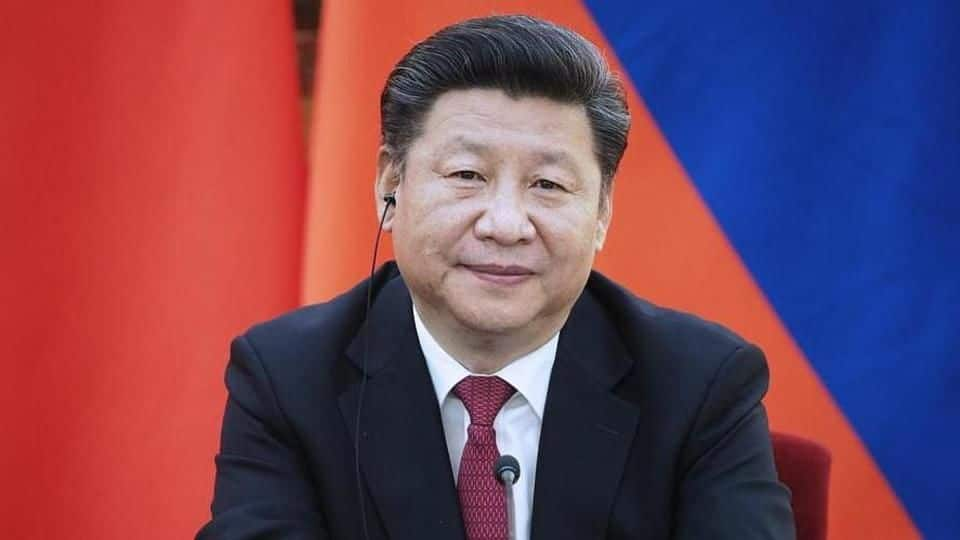
China hints at possible CPEC renaming if India joins in
What's the story
Last week, the Chinese Ambassador to India, Luo Zhaohui, said his country could rename the China-Pakistan Economic Corridor (CPEC) to address India's concerns. Now, the Chinese foreign ministry has responded to the statement by neither endorsing nor denying it. It has suggested that it was encouraging Luo to hold a discussion with India over the subject while ensuring Pakistan doesn't get upset. Here's more.
About
What is OBOR?
The One Belt One Road Initiative, later renamed the Belt and Road Initiative, has two components: a land-based Silk Road Economic Belt and a sea-based Maritime Silk Road. It aims to connect Asia and Europe through a network of industrial and trade corridors. Through OBOR, China plans to boost international influence and achieve industrial capacity co-operation. The CPEC is a crucial part of OBOR.
Statement
What Luo had said
In a speech in New Delhi last week, Ambassador Luo said that China "can change the name of CPEC" and "create an alternative corridor through Jammu & Kashmir, Nathu La pass or Nepal to deal with India's concerns." His public mentioning of a potential CPEC renaming is unlikely to be his personal opinion. Observers believe he was speaking on Beijing's instructions.
Quote
Chinese foreign ministry's response
"CPEC is an economic cooperation Initiative that has nothing to do with territorial sovereignty disputes, and does not affect China's and Pakistan's position on the Kashmir issue," the Chinese foreign ministry said.
Analysis
What does this mean?
India believes China is siding with Pakistan by including its name in CPEC. The CPEC would pass through Pakistan-Occupied Kashmir (PoK), which India claims is its territory. Luo's statement indicates that China is keen on including India in CPEC, part of the larger One-Belt-One-Road (OBOR) initiative. However, the Chinese foreign ministry's mention of Pakistan indicates it doesn't want to hurt Islamabad's sentiments.